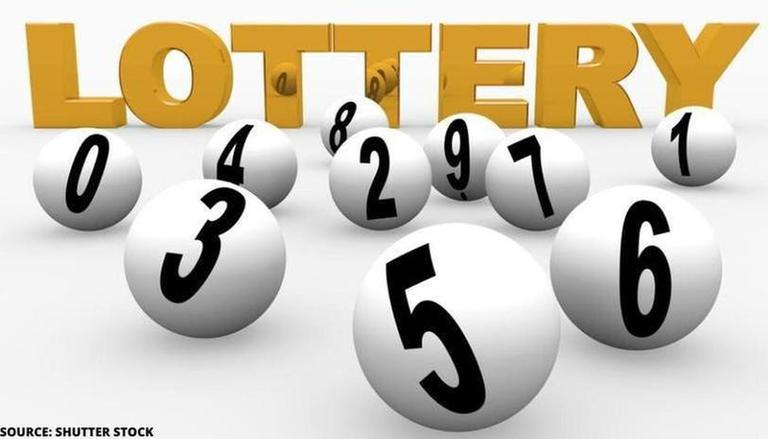
Lotteries are a popular form of gambling. Players purchase a ticket and pick numbers in hopes of winning a prize. The tickets are often sold in stores, but online games are also available. There are various types of lottery games, including ones that offer annuity payments or one-time payment. Some countries outlaw the practice, while others allow it.
Although the idea of a lottery dates back to ancient times, the first known European lottery was organized by the Roman Emperor Augustus in the year 200 AD. It is unclear whether a lottery was also in use in the Chinese Han Dynasty, but the Chinese Book of Songs mentions a “drawing of lots” as a game of chance. The word lottery derives from Dutch, meaning fate or luck. Throughout the 17th century, numerous colonies in North America used lottery to raise money for public projects.
During the French and Indian War, the colony of Jamestown, Virginia used lotteries to finance its colony. In 1755, the Academy Lottery financed the University of Pennsylvania. In addition, the Continental Congress used lotteries to raise funds for the Colonial Army. In the 18th century, several states used lotteries to finance libraries, bridges, canals and colleges. In some cases, the social classes resented the lottery’s existence. In 1769, Col. Bernard Moore’s “Slave Lottery” offered slaves as prizes.
In the United States, most forms of gambling were illegal by 1900. By the 1960s, casinos were re-emerging. Today, most of the country’s states run state-wide lotteries. However, Hawaii, Alabama, Mississippi, Nevada, Utah, and Wisconsin don’t offer a state-wide lottery. The US Virgin Islands, Puerto Rico, Massachusetts, New Hampshire, and Rhode Island are in the process of legalizing online lotteries.
There are several online lotto sites that connect players with their local state lottery agents. The sites usually provide access to the lottery website, where they can see the winning numbers, pay for the tickets, and check the results. The sites will withhold 24% federal tax on all lottery purchases and send W2-G forms to winners who have won more than $500. They will also handle tax payments for prizes under $600.
The first modern-day US government-run lottery was established in the state of New Hampshire in 1964. Some of the other states that have created their own state-wide lotteries are Connecticut, Maine, Massachusetts, Michigan, Minnesota, New Jersey, Ohio, Oregon, Rhode Island, Vermont, and Washington, D.C. Some of the online lotto sites that are available now even offer Instant Games, which are casino-like games. They can be played on a desktop or smartphone.
The earliest recorded lotteries that offered prizes with cash were held in the Low Countries in the 15th century. Many of these lotteries were organized by wealthy noblemen during Saturnalian revels. In some cases, the winner received a fancy dinner set. In some, a portion of the receipts went to the organizer, who hoped to make a profit from the tickets.
The first known large-scale lottery on European soil was held in Hamburg in 1614. The first recorded Spanish lottery game was held in 1763. It was named Lotto di Genova and was based on 90 numbers. The most famous lottery in Europe is the Euromillions, which is offered in Belgium, France, Ireland, Portugal, Luxembourg, and Spain.